Starting your weight loss journey can feel overwhelming, especially if you’re new to fitness and nutrition. With endless advice online, it’s hard to know what actually works. The truth? Sustainable weight loss isn’t about extreme diets or punishing workouts. It’s about making consistent, healthy changes—especially in what you eat.
This guide is designed for gym newbies who want clarity on how to eat better, why it leads to weight loss, and how to adapt these habits for long-term success.
Weight loss fundamentally comes down to energy balance: calories in versus calories out. But not all calories are created equal. Eating healthier means choosing nutrient-dense foods that support your metabolism, keep you full longer, and provide energy for daily activities—including your first gym sessions.
Processed foods high in sugar and unhealthy fats may be calorie-dense but offer little nutritional value. In contrast, whole foods like vegetables, lean proteins, whole grains, and healthy fats help regulate hunger hormones, reduce cravings, and improve overall health.
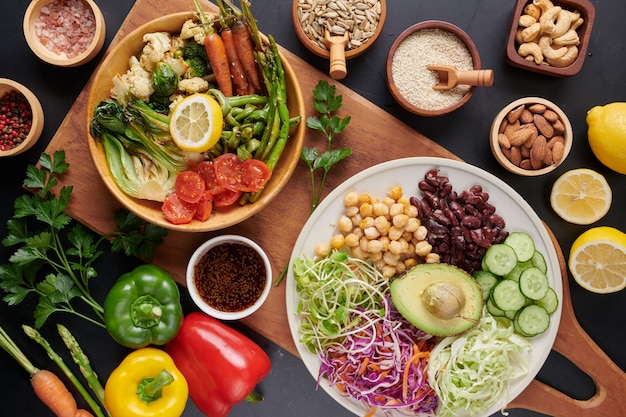
You don’t need a complicated meal plan to get started. Focus on these foundational principles:
Choose foods as close to their natural state as possible. Fill half your plate with vegetables and fruits, one-quarter with lean protein (like chicken, fish, tofu, or beans), and one-quarter with complex carbohydrates (like brown rice, quinoa, or sweet potatoes).
Protein helps preserve muscle mass during weight loss, keeps you full, and requires more energy to digest. Aim for a palm-sized portion of protein at each meal.
Fats like those in avocados, nuts, seeds, and olive oil support hormone balance and satiety. Just be mindful of portion sizes—they’re calorie-dense.
Sometimes thirst is mistaken for hunger. Drink water throughout the day. Limit sugary drinks like soda and juice, which add empty calories.
Even healthy foods can lead to weight gain if eaten in excess. Use smaller plates, read labels, and learn to recognize fullness cues.
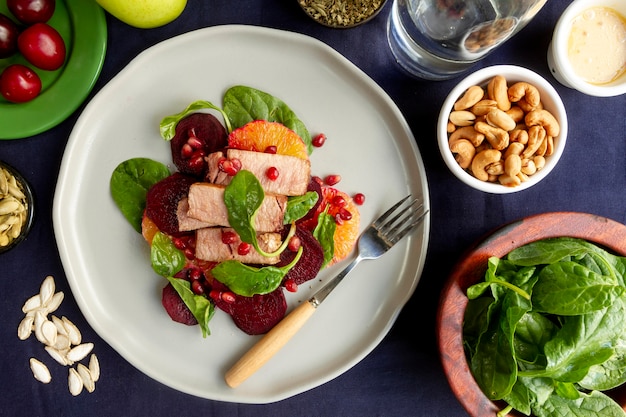
Eating healthier supports weight loss in multiple ways:
The best diet is one you can stick to. Here’s how to make healthy eating realistic:
Instead of overhauling your diet overnight, make one change at a time. Try adding a vegetable to dinner, swapping soda for water, or eating a protein-rich breakfast.
Meal prepping—even just a few meals—can prevent impulsive, unhealthy choices. Dedicate an hour on the weekend to chop veggies or cook a batch of quinoa.
You don’t need to be perfect. An 80/20 approach—eating healthy 80% of the time and allowing room for treats—can prevent feelings of deprivation.
Eat when you’re hungry, stop when you’re satisfied. Avoid distractions like TV or phones during meals to stay mindful.
While diet is the most important factor in weight loss, exercise enhances results and improves overall health. As a gym newbie, focus on:
Good nutrition fuels your workouts and helps your body recover. Over time, you’ll build strength, endurance, and confidence.
Weight loss isn’t a sprint—it’s a marathon. Eating healthier isn’t a temporary fix; it’s a lifelong skill. Focus on progress, not perfection. Celebrate small wins, like choosing a salad over fries or completing your first gym session.
With time, these small changes add up to big results. You’ve got this.

Fitness

Fitness
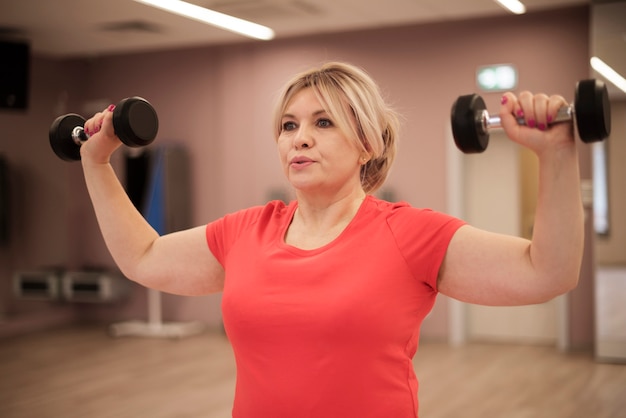
Fitness

Fitness

Wellness
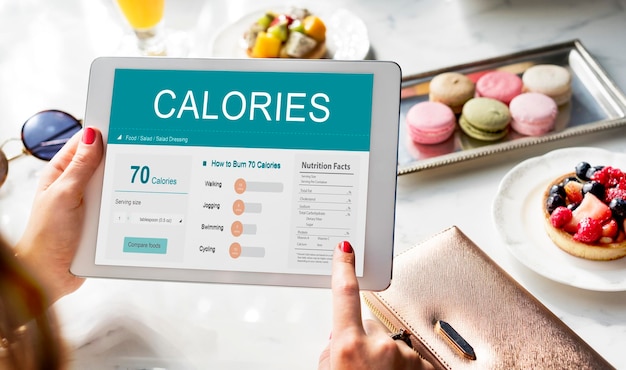
Fitness
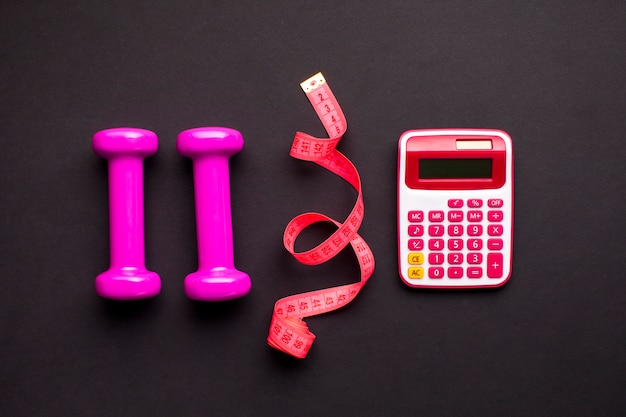
Fitness

Fitness
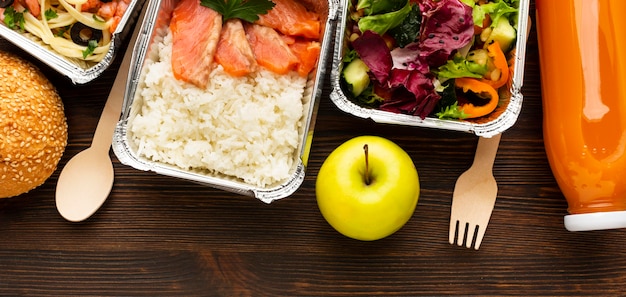
Health
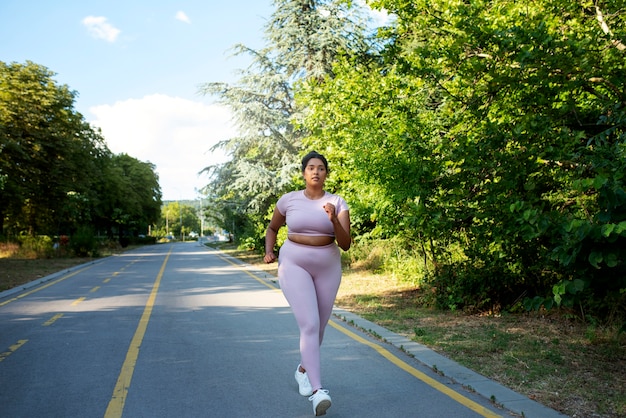
Fitness

Fitness
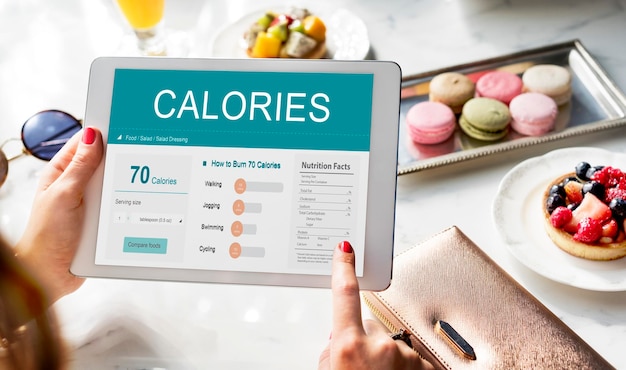
Wellness

Health

Fitness

Health

Health